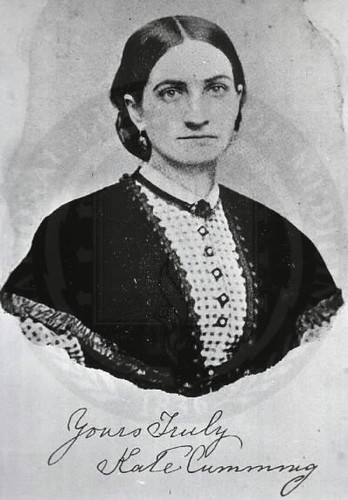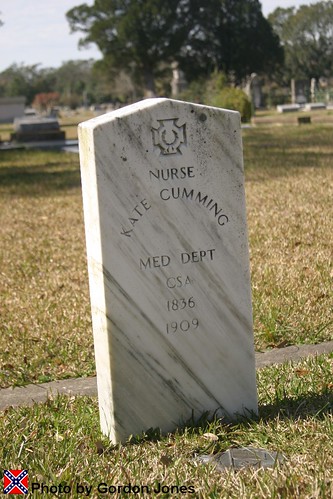Kevin Griffin, a songwriter, musician, and force behind the band Better than Ezra (known to Monroe residents) caught my attention recently with a song, “Hey, Love.” You can hear the song on Griffin’s Facebook Fan page. There’s a great Wikipedia article on Griffin as well. After a search on the Web, I found several of his songs (with lyrics) posted, but I did not find, “Hey, Love,” so I decided to transcribe and post the lyrics of this great song. As is common with transcriptions, it’s likely I missed a line or two [especially the ones I put in brackets] due to recording or personal hearing issue hiccups. Send me any corrections and I’ll change the post quickly.
Hey, Love by Kevin Griffin
I haven’t felt you, for a while
II haven’t had much opportunity to smile
I see you in the eyes of couples passing by
A so missed kiss of innocence
Too long I’ve been denied
Hey Love, where you going?
Hey Love, How you been?
I wish you’d stay a little longer
But that’s okay, I understand
Maybe another day.
Hey, Love, Old Friend,
There you go again.
I found a photo and you were there
Captured in our faces just before you disappeared
Was nice to know you
If only for a while
You come and go
With a sweet hello
And a bittersweet goodbye
Hey Love, where you going?
Hey Love, How you been?
I wish you’d stay a little longer
But that’s okay, I understand
Maybe another day.
Hey, Love, Old Friend,
There you go again.
And before the new beginning
It’s just another’s end
Tell me love why I should begin, again,
Can you come back, love?


